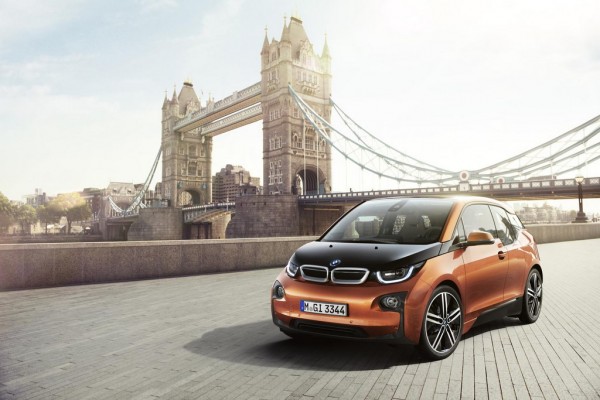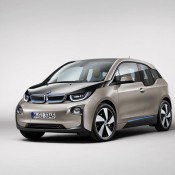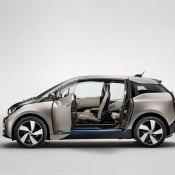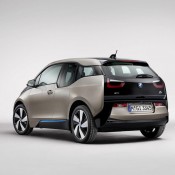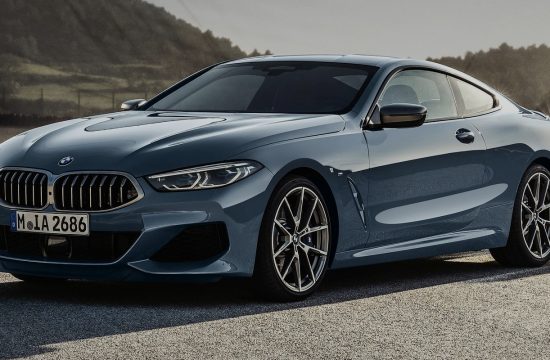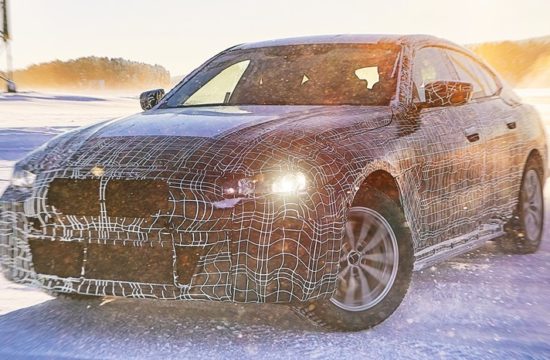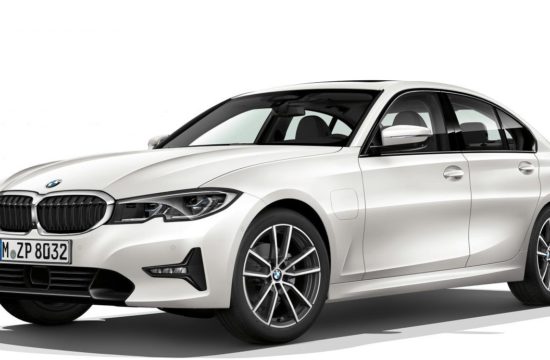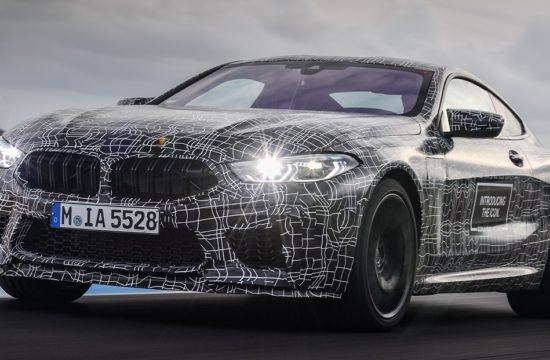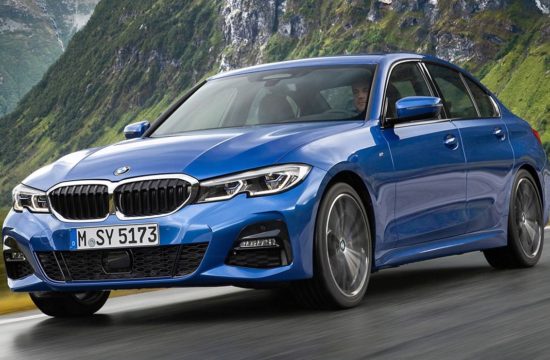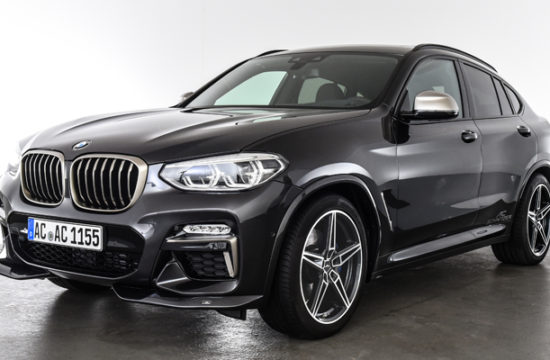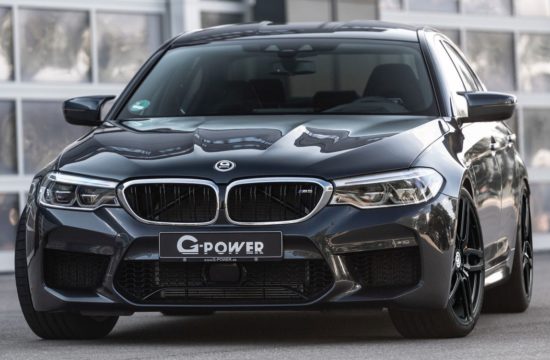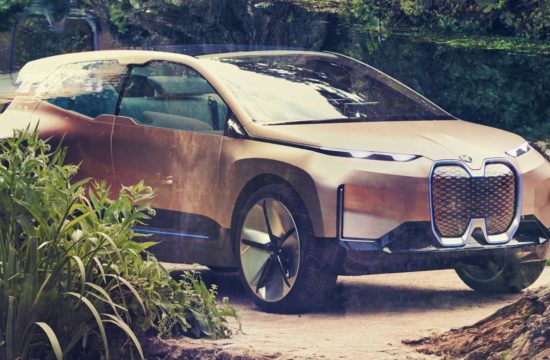BMW i3 electric city car, the first production model by the firm’s “i” brand, finally makes its world debut simultaneously in London, New York, and Beijing. Boasting a sophisticated powertrain and next-generation materials, the i3 will go on sale in the second quarter of 2014.
The i3 is made up of two separate modules: the Life Module, and the Drive Module. The life module is the passenger cell, which is made from Carbon Fiber Reinforced Plastic (CFRP), and the drive module is everything that deal with powering the car and controlling its behavior, and it is constructed out of 100% aluminum.
This blend results in a total weight of 2,700 lbs (1230 kg). Not exactly brilliant for a car of this size, but not bad either, considering the weight of the batteries and what not. The Drive module consists of the 22-kWh, 450 lb. lithium-ion battery, electric drive train, MacPherson strut and 5-link rear suspension system and structural and crash components.
To make sure the i3 drives like a BMW, the battery pack is located low and toward the rear of the car for better weight distribution and center of gravity, and powers the rear wheels. The BMW i3 will be able to travel 80 to 100 miles on a single charge. This can be increased by up to approximately 12% in ECO PRO mode and by the same amount again in ECO PRO+ mode. A full charge takes 3 hours.
The best thing about the i3 is the availability of a rear-mounted 650cc, 34 hp, two-cylinder, gasoline-powered Range Extender generator. It adds 330 lbs to the weight, but you don’t have to worry about running out of juice anymore.
Being a modern city car, the BMW i3 will come with a number of advanced Connect features such as 360 Electric electro mobility services, BMW i Remote app, Navigation, Intelligent Emergency Call (‘eCall”), Anti theft alarm and Rear Parking Distance Control.
Prices start from $41,350 for the electric model and $45,200 for Range Extender model.

